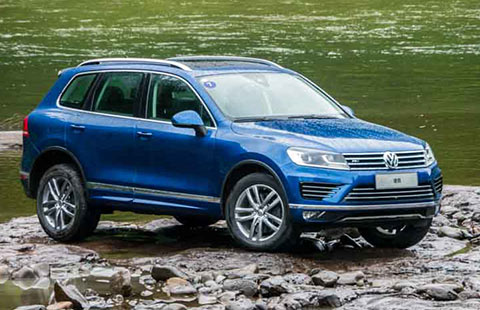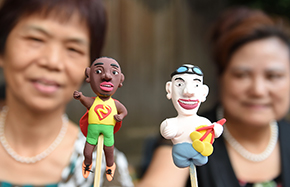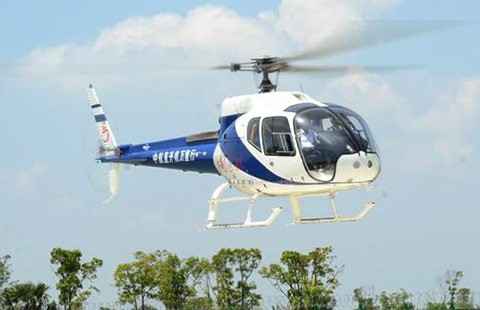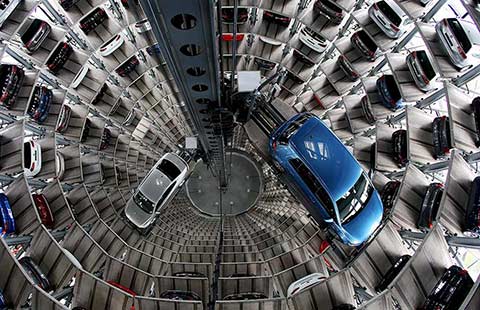Japanese car sales go into reverse gear
By Li Fangfang (China Daily) Updated: 2013-01-08 10:13According to their estimates, production and sales for Japanese automakers in China fell by 200,000 vehicles in 2012.
This represents about 20 percent of Japanese vehicle sales in China.
They also forecast that lost production is likely to hit 350,000 vehicles in 2013 and 300,000 in 2014.
Zhang, from Automotive Foresight, said that the aggressively expanding German, US and South Korean automakers are also eating into Japanese sales.
According to Zhang, Volkswagen, General Motors, Hyundai and Ford will add 1.6 million vehicles of production capacity in China in 2014, based on annual output in 2012.
And this will rise to 1.9 million in 2015, he said.
"The bad market performance in China, the world's biggest market, will soon have serious consequences on their global sales and profit," said Zhang.
Even before tension erupted, Japanese automakers had started to lose their competitive edge to foreign rivals.
Japanese vehicles have a well-established reputation for low fuel consumption, competitive prices and quality.
However, Volkswagen, General Motors and Hyundai are paying more attention to consumer demand in China.
Even before the Diaoyu Islands tension, Japanese models had been pushed out of the top-10 best-sellers' list in China in the first eight months of 2012. According to research firm J D Power in July, 35 percent of Chinese consumers wanted European cars, up from 25 percent in 2009. Consumers wanting Japanese cars fell to 24 percent from 32 percent in 2009.
lifangfang@chinadaily.com.cn
Japanese cars in China market
Japanese automakers continue output fall in China
Toyota stalls assembly line plans
Market flat, Japan-brand sales plummet
Toyota boosts outlook for China
China-Japan trade hit by Diaoyu Islands row
Diaoyu tension takes toll on Japan's economy
Islands dispute hurts investment, trade with Japan
Japanese exports to China fall amid islands row
- Individual Chinese investors should seek advice from professional wealth managers: expert
- VW's new Touareg Executive Edition sparks up the market
- China Zheshang Bank rolls out new plans to tap market
- LeEco and its smartphone affiliate Coolpad seek bigger market share
- Ningbo becomes first pilot city to implement Made in China 2025
- Chinese drive biggest rise in visitors to New Zealand
- China's top economic planner approves highway project
- Aussie baby formula producer triples profits on back of Chinese demand


















